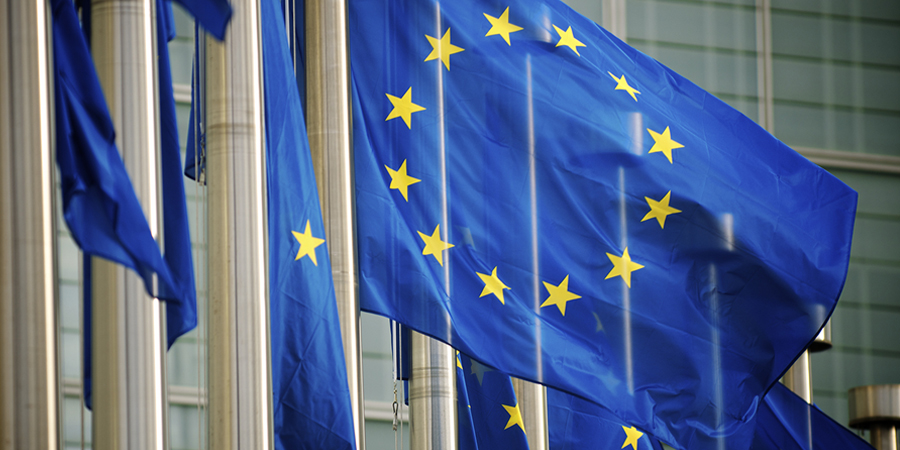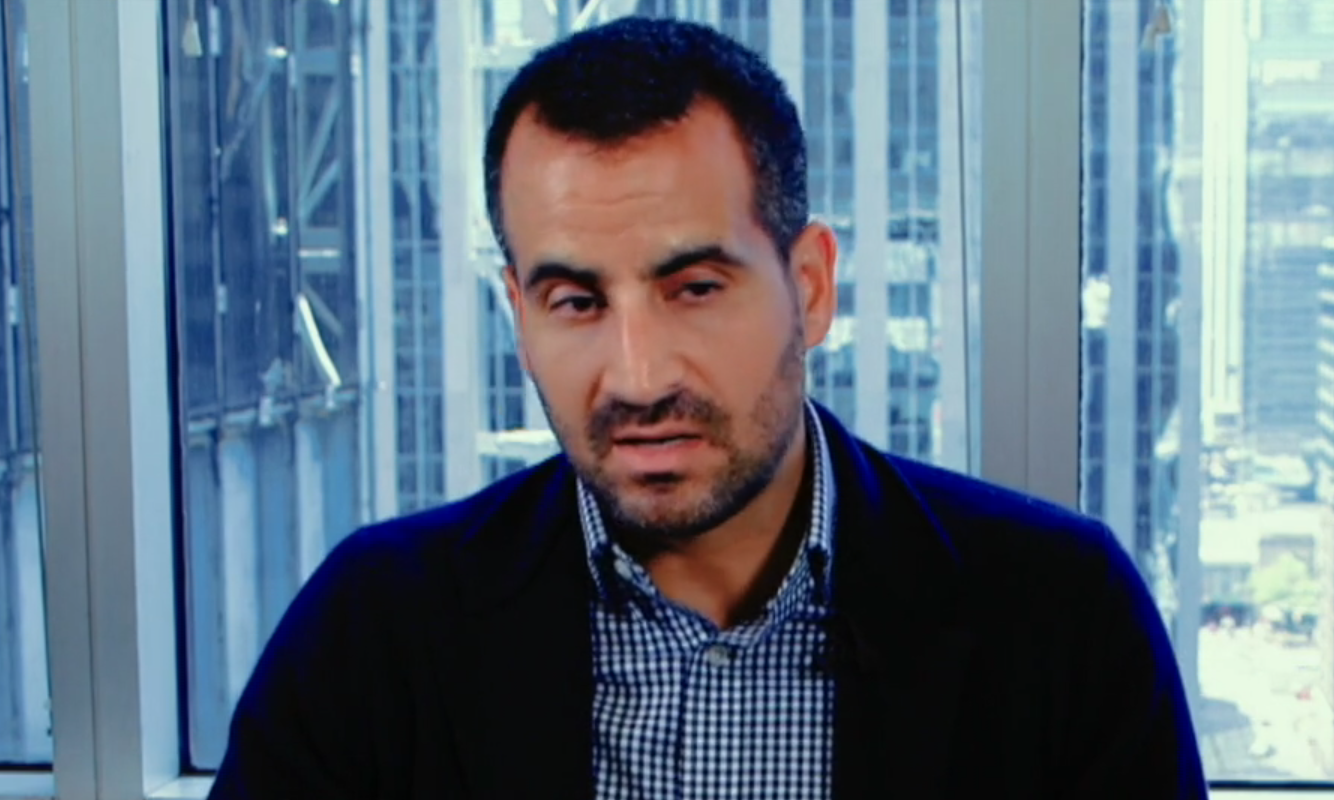by Kristina Hooper, Global Market Strategist, Invesco Ltd., Invesco Canada
We have devoted much time in this weekly blog to geopolitical risks. However, I have tried to stress that geopolitical risk, while disruptive, tends not to impact fundamentals – although it can certainly create a lot of turmoil in capital markets in the shorter term. A case in point is the current political situation in Italy, which has worsened over the last few days and thrown into question the country’s future with the European Union (EU).
What’s happening in Italy?
First, some background: On March 4, a national election resulted in a hung parliament, but the Five Star Movement and the League – both populist parties – formed a coalition. It’s not the first election in which populist parties proved popular with voters. However, it is particularly concerning given that this coalition government has a policy platform of lower flat taxes for individuals and corporations as well as basic income for lower-income Italians. This would clearly cause government debt to rise and likely risks violation of the EU’s Stability and Growth Pact.
What’s worse, the media released a leaked copy of the coalition government’s policy document, which is being viewed as serious threat to the EU because it proposes a secret departure from the euro (i.e., no referendum or advance notice). In addition, it also proposes that the EU write off some of its holdings of Italian debt in order to ease the worsening debt situation. This is very unrealistic, but in my view, it suggests how fiscally irresponsible this new coalition government may be.
The situation deteriorated over the last few days as Italian President Sergio Mattarella rejected the candidate for finance minister proposed by the coalition government – who was a very incendiary choice given he is the chief architect of the plan to leave the euro. Mattarella viewed the risks to Italian stability as too great and decided to appoint his own choice for prime minister, tasking him with forming a new government. This means that, most likely, the interim prime minister will need to call a new election. The appointment of the interim prime minister will likely stabilize the current situation for the time being by preventing Italy from exiting the euro in the near term. However, this also means Italy is most likely headed for elections again.
What does this potentially mean for markets?
While Mattarella’s move injects more uncertainty into the situation, especially given calls for his impeachment, I have been comforted to see that media reaction has been far more dramatic than market reaction. While headlines have screamed that this represents an existential threat to the EU, the contagion from Italy to other peripheral countries has been relatively modest. While spreads between long-term and short-term Italian bonds have increased significantly, illustrating the market’s concern over future uncertainty, the spreads for bonds in peripheral countries have not risen in a similar way and instead have had a far more muted reaction as of this writing.
I am of the opinion this situation could actually improve from here. I subscribe to the optimistic theory that there is a method to the coalition’s madness of appointing Paolo Savona, the architect of the euro exit plan, as finance minister. The theory is that the League, sensing it is the more popular of the two populist parties, supported Savona’s appointment because it knew this would result in the calling of new elections – and it expects to receive more support than the Five Star Movement. This would give the League the upper hand in developing a more business-friendly policy platform that hopefully would be more fiscally sensible (I don’t think it could be worse than the current conjoined policy platform, which I think of as Frankenstein’s Monster). I believe business-friendly means not just lower taxes, but also remaining in the EU if the League can ensure adequate reforms, particularly with regard to immigration. While I don’t believe this would be likely with German Chancellor Angela Merkel as de facto head of the EU, I do believe it is very possible with French President Emmanuel Macron in the driver’s seat of the EU.
What if Italy leaves the EU?
But let’s assume that is not the case and Italy would like to orchestrate an “Italexit” from the EU and its common currency. From my perspective, an Italian departure from the euro represents more of an existential threat to Italy and far less of an existential threat to the EU. First of all, Italy has a debt-to-GDP ratio of 132% – the second-highest level in the European Union after Greece.1 A substantial portion of Italian debt is owned by Italian entities, so an Italexit would likely be a major blow to them given the coalition’s proposal to redenominate all public debt into a new currency that would be devalued.
In addition, Italy has the UK to look to as a cautionary tale – and the UK is far more capable of existing independently from an economic perspective than Italy is. Further, I believe the European Union can exist without Italy, and reports of its impending death are greatly exaggerated. While an Italexit would be expected to exacerbate current market conditions – i.e., more global stock market downside volatility, an increase in credit spreads (particularly in the periphery), a flight to quality (particularly to U.S. bonds), a weakening of the euro and a strengthening of the U.S. dollar – I don’t believe it will be long-lived. That’s because, in the case of a divorce, the EU gets to keep the European Central Bank (ECB). And I am reminded of how ECB President Mario Draghi was able to quickly lower systemic stress in the eurozone during the Greek debt crisis simply by reassuring markets that the central bank would use the tools in its power to be supportive, and I believe that could happen again if the situation worsens.
Key takeaway
In summary, I am certainly not attempting to minimize the risks posed by a possible Italexit. However, I do believe there is still the potential for upside and that, at the very least, we are likely to see the ECB help to calm markets. For long-term investors, it is important to keep in mind that geopolitical risk creates short-term volatility in capital markets, but rarely impacts them over the longer term. In this environment, we should be both vigilant and opportunistic – but not scared.
Subscribe to the Invesco Canada blog and get Kristina Hooper’s market reviews in your inbox.
This post was originally published at Invesco Canada Blog
Copyright © Invesco Canada Blog













